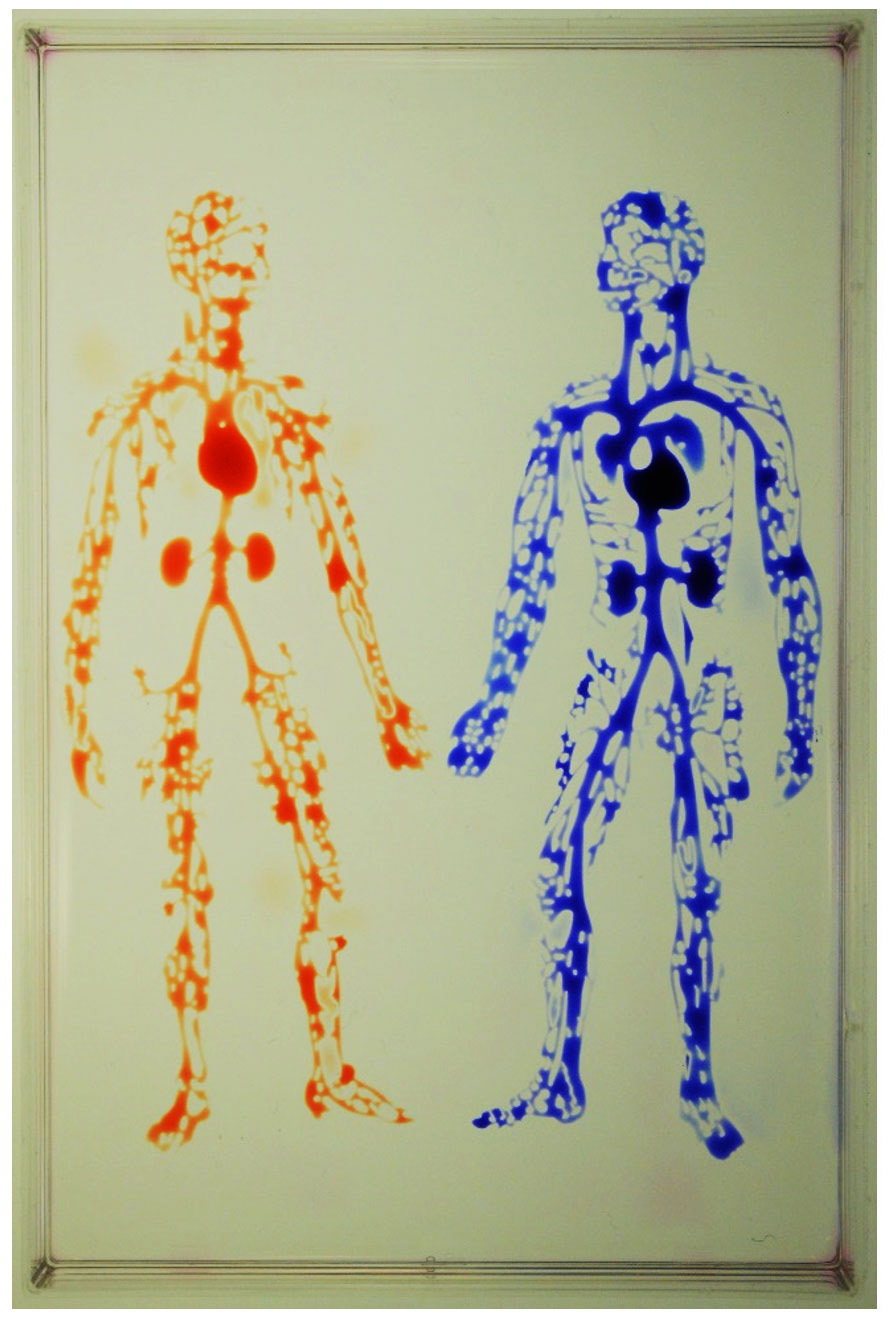
Jet-printing Microfluidic Devices on Demand (796-20)
UNITED KINGDOM / AGILITYPR.NEWS / October 27, 2020 / Jet-printing microfluidic devices on demand1 – a new paper from engineering and biomedical scientists at the University of Oxford and spin-out company iotaSciences Ltd – describes a game-changing method to generate cell-friendly microfluidic devices on demand. This innovative protocol offers significant benefits to biology and biomedicine, enabling simple, contactless fabrication of microfluidic circuits in minutes – almost as quickly as the circuit pattern can be drawn on paper – using truly cell-friendly materials; standard Petri dishes and culture media.
The pioneering jet-printing method stems from the recognition that gravity becomes irrelevant at the microscale. In the everyday world, objects are invariably made with solids; building complex structures out of liquids, which would collapse into puddles and drain away, is not feasible. Using microjets to fabricate microfluidic devices takes advantage of the interfacial forces that dominate in the microworld. In this paper, the method was used to successfully clone cells by limiting dilution in a way that beats the Poisson limit, to subculture adherent cells, and to feed arrays of cells continuously for a week in sub-microliter chambers. Liquid flows were driven through conduits with and without external pumps, and circuits reconfigured to open and close ‘fluidic valves’ at will. The diversity and flexibility of this approach is expected to lead to widespread adoption of the technique for a variety of applications in biomedicine.
This open access paper was published on the 26th of October and is available to download at https://onlinelibrary.wiley.com/doi/full/10.1002/advs.202001854
1 Soitu, C, Stovall-Kurtz, N., Deroy, C., Castrejón-Pita, A.A., Cook, P.R., and Walsh, E.J. (2020). Jet-printing microfluidic devices on demand. Advanced Science 10.1002/advs.202001854.

About Us
iotaSciences
This research was supported by iotaSciences, a spin-out company from the University of Oxford. iotaSciences is exploiting biomicrofluidic technology to deliver innovative solutions for biological workflows, including single-cell cloning for cell line development.
Contacts
Sarah Ballard
ideas@kdm-communications.comkdm communications limited, St Neots, UK
Phone: +44 (0) 1480 405333